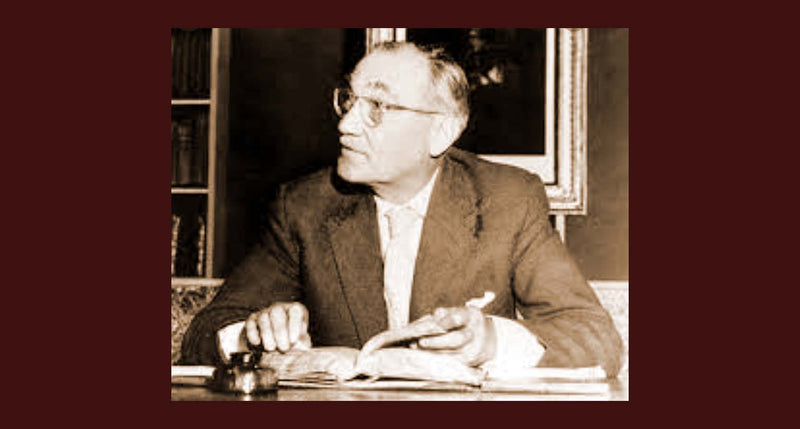Clan Crest & Coats of Arm, Clan Infomation
Grierson Places & People
Clan Grierson People
Sir James Moncrieff Grierson, CVO, KCB, CMG, ADC (1859 – 1914)
British soldier. In the Army Manoeuvres of September 1912, he decisively beat Douglas Haig, despite Haig having the odds in his favour. This was mostly due to the use of aerial reconnaissance, which Grierson had been persuaded to use against his better judgement, by his subordinate Charles Briggs.
He died of an aneurism of the heart on a train, near Amiens on 17 August 1914. His replacement as commander of II Corps was Sir Horace Smith-Dorrien. Grierson’s body was repatriated, a practice allowed at that time, and is buried in the Glasgow Necropolis. The Sir James Moncrieff Grierson prize for languages was later established at the Sandhurst.
Sir Herbert John Clifford Grierson (1866-1960)
Scottish literary scholar and critic. He is known particularly for his work on the metaphysical poets. He was born in Lerwick, Shetland. He became Knight Professor of English Literature at Edinburgh University.

John Grierson (1898 – 1972)
Grierson was born in Deanston, near Doune. From an early age, both parents steeped their son in liberal politics, humanistic ideals, and Calvinist moral and religious philosophies. After a stint in the Royal Navy during World War I, Grierson entered the University of Glasgow. In 1924, after graduating from the university in moral philosophy, he received a Rockefeller Research Fellowship. His research focus was the psychology of propaganda-the impact of the press, film, and other mass media on forming public opinion.
Grierson’s emerging and outspoken film philosophies caught the attention of New York film critics at the time. He was asked to write criticism for the New York Sun. At the Sun, Grierson wrote articles on film aesthetics and audience reception, and developed broad contacts in the film world. In the course of this writing stint, Grierson coined the term “documentary” in writing about Robert Flaherty’s film Moana.
Grierson returned to Great Britain in the late 1920s. He joined the Empire Marketing Board (EMB), a governmental agency which had been established several years earlier to promote British world trade and British unity throughout the empire. In late 1929 Grierson and his cameraman, Basil Emmott, completed his first film, The Drifters, which he wrote, produced and directed. The film, which follows the heroic work of North Sea herring fishermen, was a radical departure from anything being made by the British film industry or Hollywood.
In 1938, Grierson was invited by the Canadian government to study the country’s film production. He proposed the government create a national coordinating body for the production of films. In 1939, Canada created the National Film Commission, which would later become the National Film Board of Canada.

